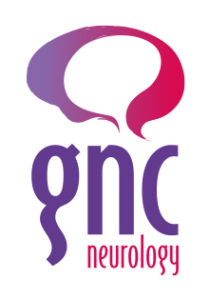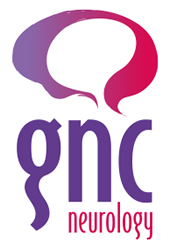Recognizing Concussion Symptoms Early: Why Immediate Action Matters
Introduction
A concussion is a type of mild traumatic brain injury (TBI) that occurs due to a blow or jolt to the head. While concussions are often considered minor, failing to recognize and treat them early can lead to long-term complications. Understanding the early symptoms of a concussion and seeking prompt medical care is essential for preventing further brain damage and ensuring a smooth recovery.
Early Signs and Symptoms of a Concussion
Recognizing concussion symptoms early can make a significant difference in recovery outcomes. Some of the most common early symptoms include:
- Headache or pressure in the head – A persistent headache is one of the most common signs of a concussion.
- Dizziness or balance problems – Feeling unsteady or lightheaded can indicate brain trauma.
- Nausea or vomiting – This symptom may appear immediately or develop hours later.
- Confusion and disorientation – Difficulty focusing, memory issues, or feeling “foggy” are key indicators.
- Sensitivity to light and noise – Increased sensitivity can be a sign of brain stress.
- Blurred vision or difficulty concentrating – Visual disturbances and cognitive challenges often accompany concussions.
- Fatigue or drowsiness – Feeling excessively tired or struggling to stay awake could be a sign of a head injury.
Why Early Recognition is Crucial
Identifying concussion symptoms early allows for prompt medical evaluation, which can:
- Prevent further brain injury – Avoiding additional impacts is crucial to preventing second-impact syndrome.
- Reduce long-term complications – Early intervention minimizes the risk of chronic traumatic encephalopathy (CTE) and persistent post-concussion symptoms.
- Support a faster recovery – Proper rest and treatment improve healing time and cognitive function.
What to Do If You Suspect a Concussion
If you or someone you know experiences a head injury, follow these steps:
- Stop all physical activity – Avoid sports, strenuous activities, and anything that could worsen symptoms.
- Seek medical attention immediately – A healthcare provider can perform a thorough evaluation to assess the severity of the concussion.
- Follow a rest and recovery plan – Limit screen time, get plenty of rest, and avoid mental strain.
- Monitor symptoms closely – Keep an eye on symptom progression and seek further medical care if they worsen.
Conclusion
Recognizing the early symptoms of a concussion is essential for ensuring proper care and recovery. At GNC Neurology, we specialize in concussion assessment and neurorehabilitation, providing expert care to help patients heal safely. If you or a loved one has experienced a head injury, don’t delay—schedule a consultation today.
Related Blogs
Stay informed with our latest articles on Concussion:
Recent Media Reports Highlight Concussion Concerns in the UK
Recent Media Reports Highlight Concussion Concerns in the UK Government Initiatives on Concussion in Sports The UK government has been proactive in...

